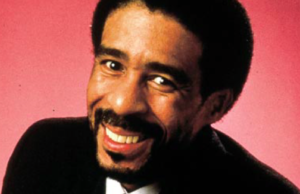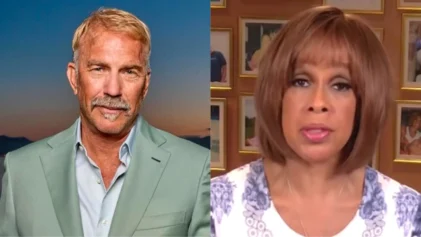
But Pryor fans know his journey to fame wasn’t easy and by no means was it a straight path. He grew up poor in a whorehouse in Peoria, Illinois. He was abandoned by his mother when he was 10 and was raised by his grandmother, Marie Carter, who would beat him regularly. As a child, he was sexually abused, expelled from school and eventually spent time in an army jail before finally moving to New York City in 1963 and beginning a groundbreaking career.
He fared well in New York but it wasn’t until a few years later when he moved to California that he signed with independent record label, Laff Records. On the vinyl is where Pryor would first make his mark. After switching to the famous Memphis-based R&B label, Stax Records, Pryor struck gold with his third album, “That N*gger’s Crazy,” in 1974. The album was eventually certified Gold by the RIAA and won the Grammy Award for Best Comedic Recording at the 1975 Grammy Awards. He went on to win four more Grammys for “Is It Something I Said?” “Bicentennial N*gger,” “Rev. Du Rite,’ and “Live on the Sunset Strip.”
Biographer Scott Saul, who spent eight years studying Pryor and what led to his success, said of the comic legend, “On a more historical level, we can see that, when Pryor emerged in the early ’70s as a breakout performer, he did something quite profound: he brought together the spirit of the counterculture (its affection for the absurd over the rational, its love of experiment) and the spirit of the Black Power movement (its unveiling of systems of racial violence, its sharp methods of counterattack).”
“In a way, he was following the historical example of someone like [Charles] Mingus, who brought an avant-garde spirit to the project of racial empowerment and, through the force of his genius, pulled American culture toward him.”
Pryor died on December 10, 2005, in Los Angeles from a heart attack. He was 65 at the time.
“He enjoyed life right up until the end,” Pryor’s widow Jennifer Lee Pryor said. “At the end, there was a smile on his face.”


